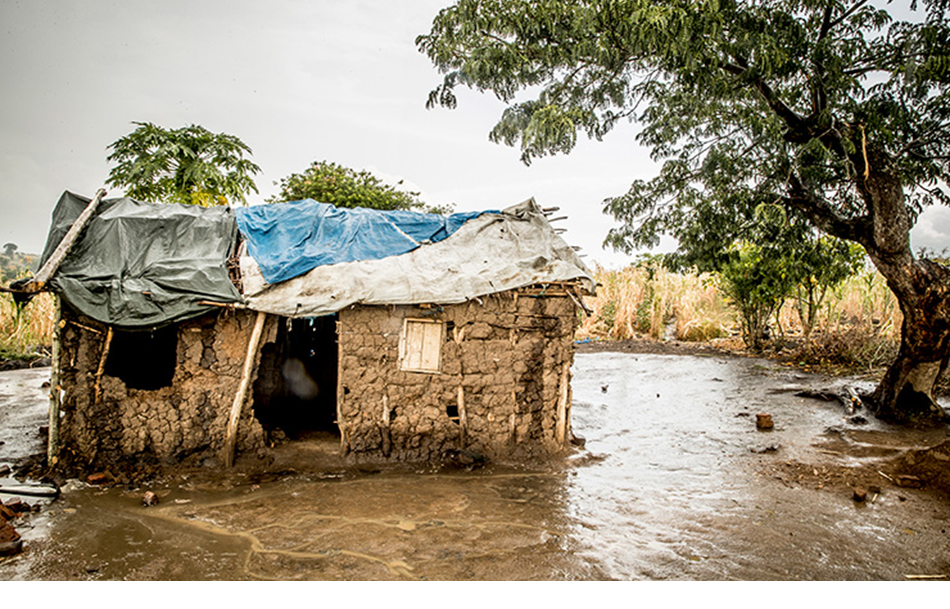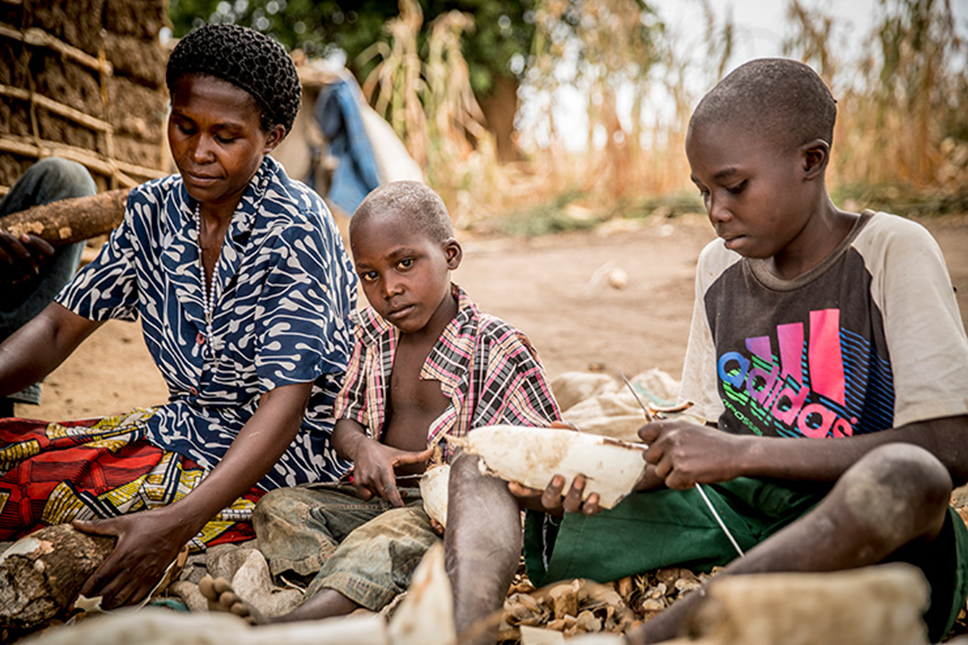The largest portion of the world’s poor is the 800 million poor women, children, and men who live in rural areas. They tend to live in remote areas that are great distances from the nearest markets and basic social services. They are mothers and fathers, most of who are day laborers, subsistence farmers, herders, and migrant workers. They struggle to meet basic everyday needs, such as feeding their families at least two meals a day, or taking their children to a clinic when they have fallen ill. The rural poor also work in insecure and relatively low-paying jobs, have little education, and may experience discrimination as women, elderly, or disabled.
For all of these reasons, the rural poor themselves say that they suffer from hunger, ill health, illiteracy, instability, and low self-esteem as well as marginalization from their own governments who are often unresponsive to their needs and concerns. Empowering the rural poor is a critical step in advancing any poverty alleviation effort. Doing so must build on a person’s own willingness and capacities to provide for their family and to forge a more dignified, better future. This requires assets from which to build sustainable livelihoods, education about their rights and how to put those assets to good use, and a safe place to save to continue building those assets and to cope with future hardships. In fact, the most basic financial services reach only 10% of rural communities.
This program is specifically tailored to meet the unique needs of households (women and families) living at levels below extreme poverty. By providing a small bit of capital and vital financial and social services, we help participants create opportunities that can break the vicious cycle of poverty, empowering the poorest to achieve a sustainable level of economic stability.
COSIL works in partnership with local leaders and communities to help us identify households who will benefit most from our programs. Together, we map the community down to the household and engage in a robust discussion to reach a consensus as to which households are the poorest and most vulnerable. Field workers from our local community-based partners then visit each household to verify the community’s consensus and help us select participants.
Families living in extreme poverty must often prioritize short-term needs, like finding their next meal, over long-term investments in income-generating activities. Once they agree to participate, women are introduced to coaches who will provide support and advice throughout the entire program through regular home visits. At the start, coaches work with women and their families to identify income-generating activities and market opportunities. They then decide which activity best suits their goals, existing skills, and assets, and begin experiential training in their chosen activity.
Living in extreme poverty often means women lack financial education and access to financial tools, and face social isolation and marginalization in communities – and even in households. While not a magic bullet, a sturdy metal savings box with three keys can have a surprisingly profound effect. When very poor households join our program, they’re organized into savings and credit groups of around 15-25 members each
After 18-36 months, very poor households and their families report achieving higher, steadier incomes, being able to put more and higher-quality food on the table, sending children to school, and making improvements to their homes like adding sturdier roofs and floors. Having achieved success at one livelihood, many women start one or two more to earn even greater incomes and become more resilient should one activity fail
The program aims to Improve income generation and entrepreneurship for very poor households in kitagwenda district


Our Vision & Philosophy
Our development ideology is simple: we believe in power, ingenuity, and the potential of people to pioneer solutions to transform their community. We recognize the role of government in addressing macro-economic issues and providing an overarching policy environment.
The power of our holistic approach lies in our partnerships, our sustainable programs and facility integration, and our passion to serve. We always strive to be a catalyst for positive change. Every action we take is intended to inspire meaningful service and deliver results that will improve economic and social conditions and make life better for the small holder farmers, orphans children and marginalized groups in the communities we serve for years to come.
We seek grassroots solutions to local challenges in an effort to help people help themselves and expand their own social and economic development process in a changing environment.
- Team Work
We support one another in working to achieve together the objectives of COSIL. We communicate actively and openly. We are reliable and loyal to each other and to the organization; and we build trust by honoring our commitments. - Respect for All
We show respect to ourselves and each other, and are considerate. We value each other’s strengths. - Gender equity
COSIL appreciates this as constituting fairness, recognition of each other, justice, impartiality, inclusive development, gender awareness and responsiveness. - Transparency and accountability
We appreciate this as constituting openness, communication, accuracy, feedback, answerability, reliability, responsibility, good stewardship, trustworthiness and honesty.
